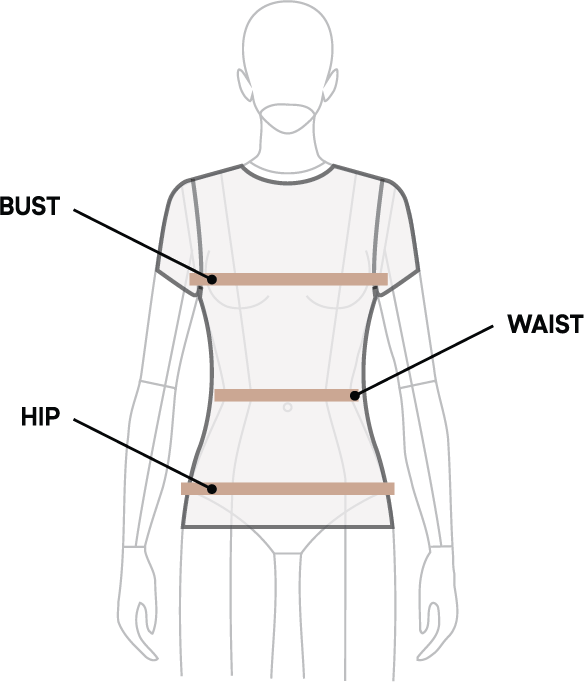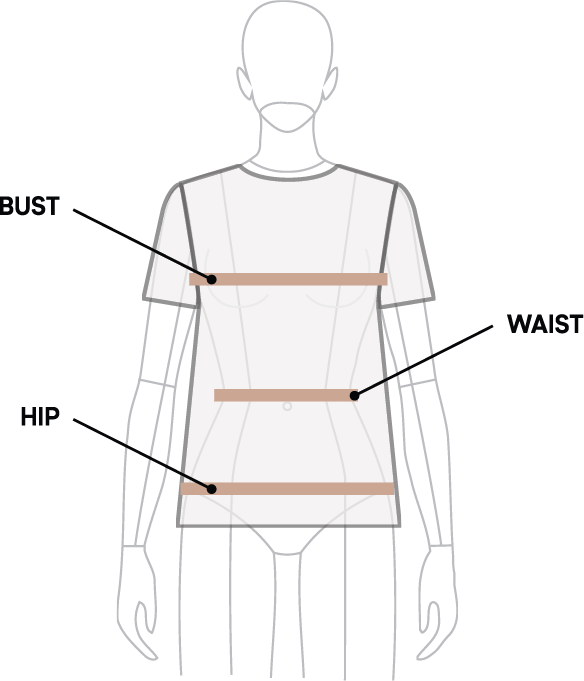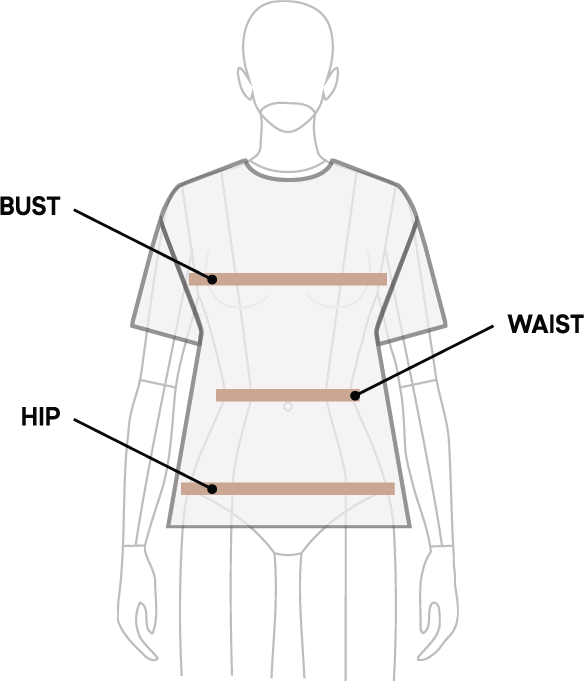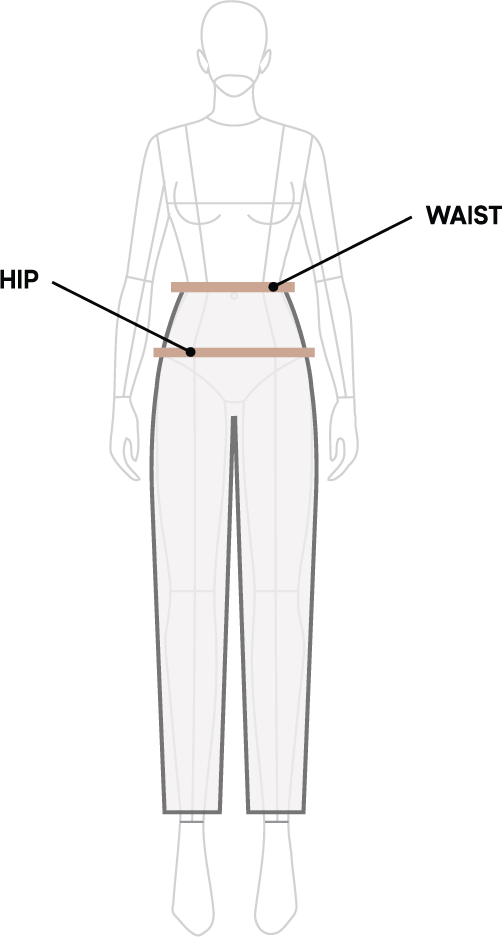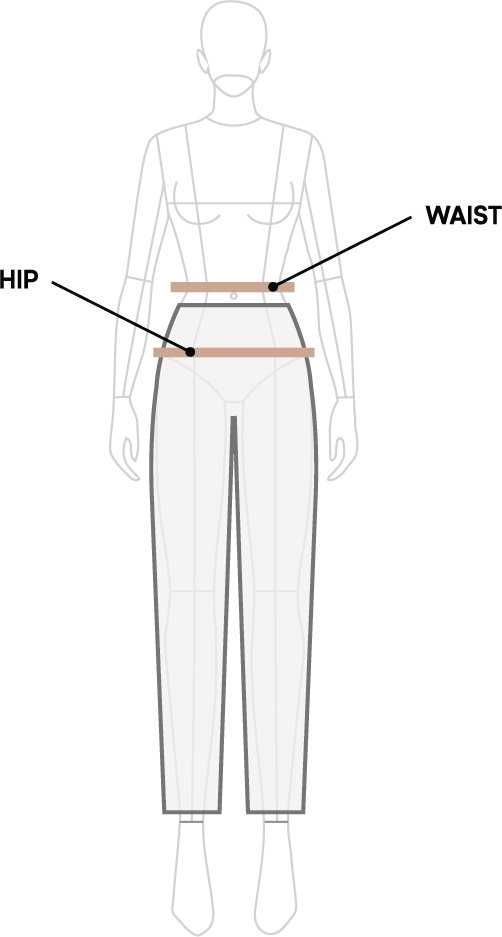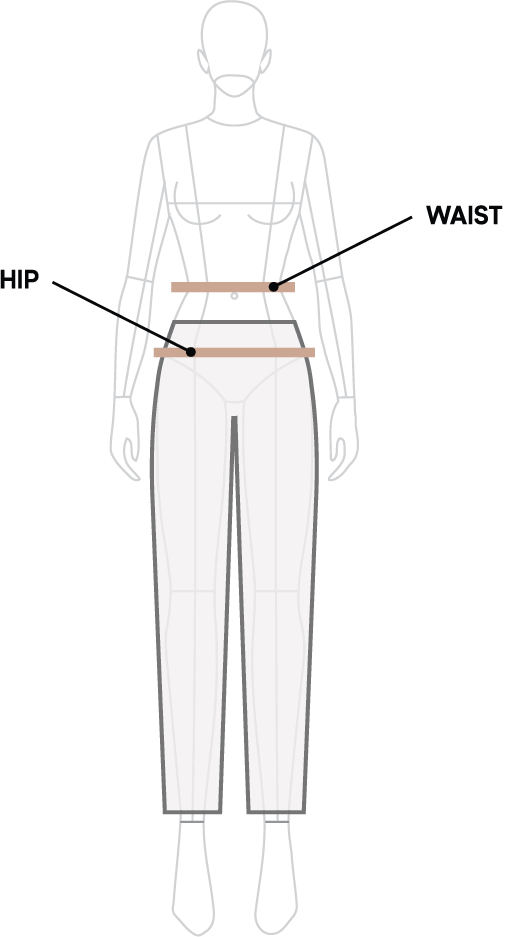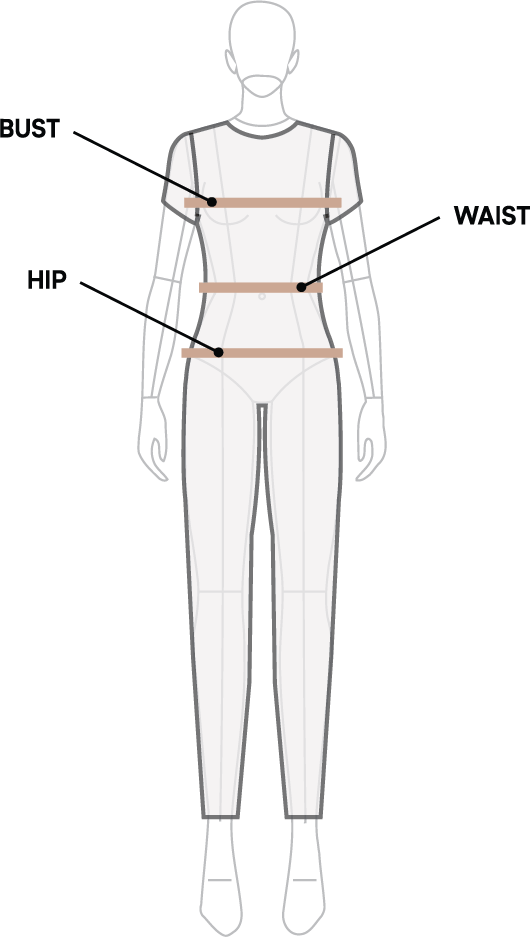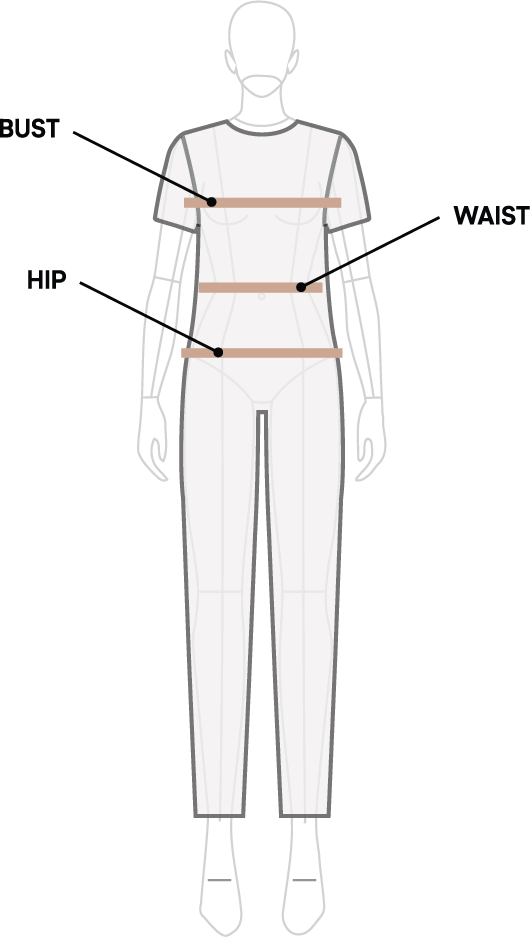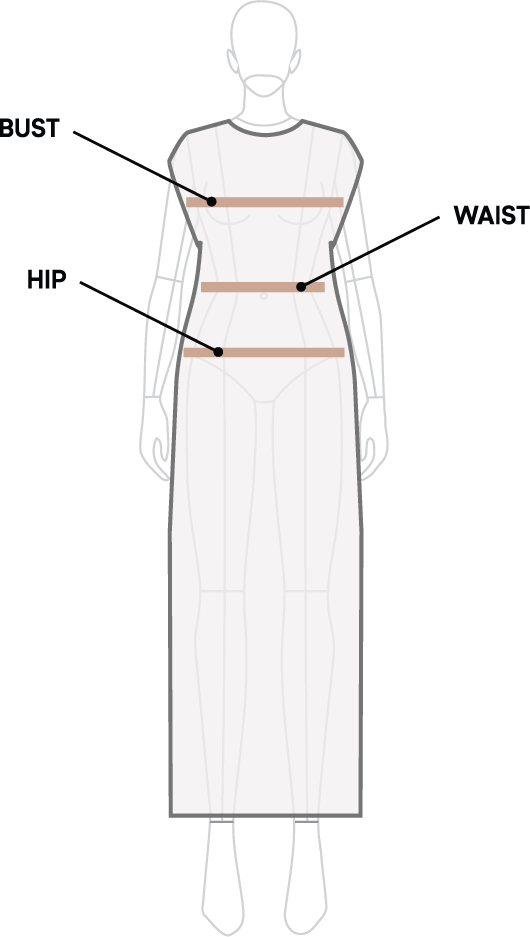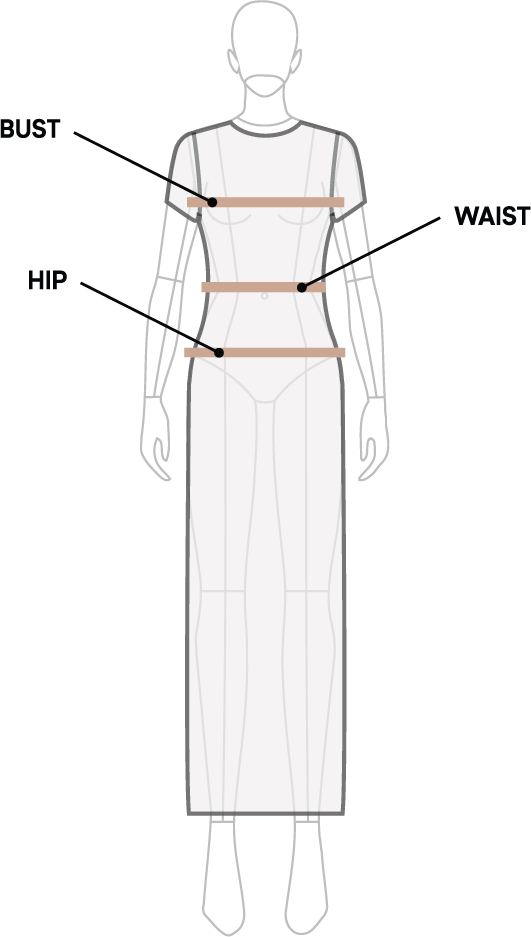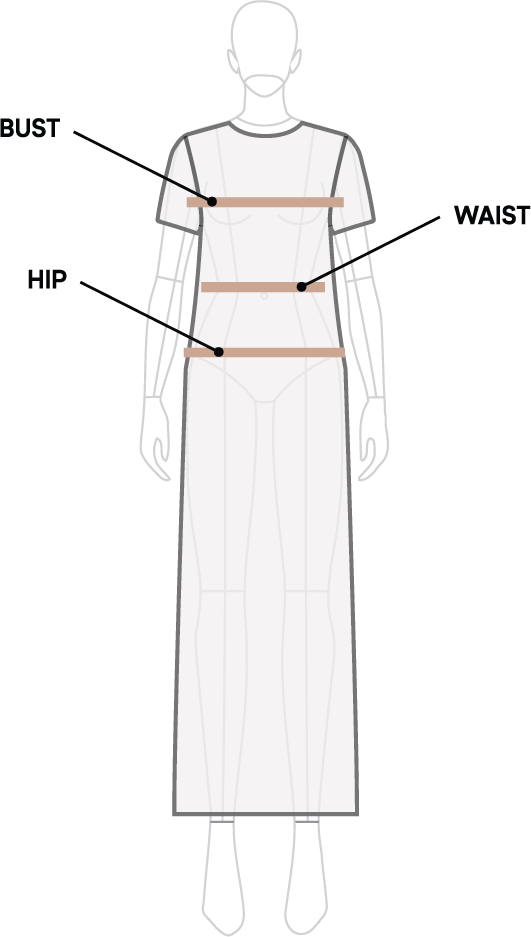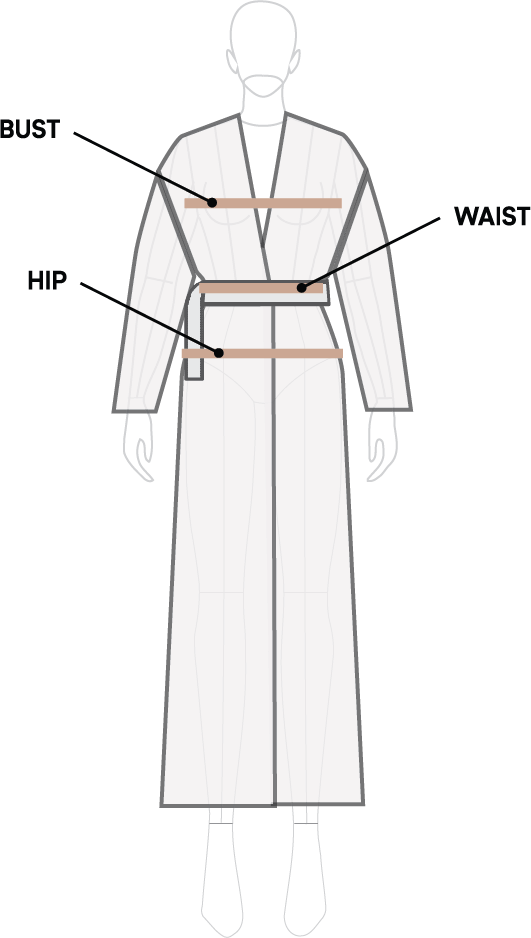
Rest Easy with Author, Ximena Vengoechea
Resting is an essential part of living well. “Rest Easy” author, Ximena Vengoechea shares her favorite ways to wind down, and we’re all for it. Change the way you view bedtime (and the moments before).
Share a favorite excerpt from your book.
How does something as simple as touch heal our restless minds and battered bodies? Whether it's a bear hug, a back rub, cuddling, sex, or holding hands, physical touch comes with many benefits. When we are scared, a quick hand squeeze from a partner lets us know that we are okay. When we are activated, placing a hand over a friend's heart-beat and another over our own can bring us back to feeling regulated. When we are exhausted, a warm embrace lets us know that we can stop powering through.
Physical touch has been shown to reduce blood pressure, heart rate, and the stress hormone cortisol, while increasing the feel-good hormone oxytocin. Massage therapy is particularly beneficial: Studies show that massage helps reduce stress, increase relaxation, and improve our mood and our alertness. It can also help with symptoms of anxiety, especially when combined with other treatments. Touch is a pathway to relaxation. It makes us feel good.
Touch has social-emotional benefits too. Many of us bond through touch. We may feel more connected to others with a hug from a friend or a hand on a partner's knee, especially if our "love language" is touch. Physical intimacy can help us feel desired and express our desires to others. "Skin-to-skin," the practice of placing a newborn on their par- ents' bare skin just after childbirth, regulates heart rate and breathing, reduces cortisol levels, and aids in bonding between parent and child Even petting a dog can be a positive bonding experience, and it reduces stress and increases well-being.
Share 5 illustrations from your book with quotes/insights/annotations.





Write us a piece about the cultural void you're trying to fill with your book–why is rest so important but so neglected?
Whether it’s work, parenting, pet care, marriage maintenance, elder care, erranding, or bill paying, the list of responsibilities on our plates is daunting. Add to the mix a twisted backdrop of job insecurity, climate disaster, political unrest, social and racial injustice, and pandemic anxiety, and it’s no wonder so many of us are overwhelmed. My research shows that our cultural values, religious beliefs, economic circumstances, national histories, and personalities all play a role in how seriously we take the problem of rest.
Resting is an essential part of living well: It helps us to be more creative, empathetic, healthy, and, yes, even more productive. Perhaps most importantly, having regular, restorative moments of respite allows us to connect with priorities outside of work, like family, friendship, self, and community. Rest is what enables us to be a person in the world.
It takes individual change (our own rest habits), cultural change (normalizing rest, slowing down, and intentionally pausing, not just productivity, output, and hustle culture), and collective change (advocating for better worker protections, more supportive childcare policies, etc.) to get the rest we need. My book, Rest Easy, focuses primarily on what we can do as individuals to create rest practices in our daily lives, but also touches on the broader cultural and systemic forces that led us here, with suggestions on how we can make meaningful change in these areas over time.
Tell us a little bit about your wind-down ritual
When researching my book, Rest Easy, I spent a lot of time thinking and learning about sleep. The number one piece of advice I got from a sleep researcher is to go to sleep at the same time each night, which preps your body and makes it easier to fall asleep. They also advise keeping sleep routines fairly simple, since the more bells and whistles you include in your routine, the harder it is to reproduce, especially when traveling. That’s why I keep my bedtime routine super simple, which for me includes brushing my teeth, washing my face, getting into my jammies, and pulling out a good book to read. It’s something I can do no matter where I am, and it doesn’t require a ton of extra accessories. The most important thing is that I enjoy the book I’m reading—that’s really what helps me relax. Reading is an activity that transports me to other worlds, away from my own inner monologue. Because I write nonfiction for a living, I like to relax with fiction at night, and it’s got to be a physical book, which is easier on my eyes and wrists at the end of a day’s worth of computer work. Usually after a chapter or two I’m calm and at ease and can call it for the day.
What is your worst rest habit and how did you/do you try to kick it?
I used to watch TV before going to bed. It felt like a small luxury, a moment of “me time” after a long day of working and childcare. But watching TV wreaked havoc on my sleep: the blue light from watching on a device made it harder to fall asleep. I’d often watch a show on my laptop in an ergonomically unsound position that left me with neck pain by the time the show ended. And even though TV helped me “turn off my brain” in the moment, it often left me feeling wired afterwards. I finally kicked this habit by getting novels that really hook me—the kind that are so good you’d rather pick up a book during a lunch break than doom scroll again. It has to be the right book though—if I’m not hooked within the first fifty pages, it’s not going to be enough to combat the pull of streaming TV. And if it’s too gripping—a page-turning thriller or even a steamy romance—that can pose its own challenges, like staying up too late to get to the end! And because I write primarily nonfiction, for me, it’s got to be fiction. Some of my recent favorites are here. On the nights where I am too tired to read, I finally realized that if I was too tired to do anything but watch TV, I should probably just go to sleep. That really helped kick my revenge bedtime procrastination habit, which I write about in my book.
What inspired you to write an entire book about rest?
In 2019, I was working three jobs—a full time job leading a team at Pinterest, becoming a new mother, and publishing my first book, Listen Like You Mean It. I was overworked during the day and not sleeping well at night. The pandemic happening on top of all that didn’t help, either.
At the time I remember telling myself to just keep putting one foot in front of the other. If I could just make it through the day, I’d be okay. This worked, until it didn’t. My family and I moved to Santa Fe to ride out the pandemic, and I remember taking in the sunset and feeling at ease for the first time in a long time. It was the first time I really allowed myself to stop and pause and give myself the space to just be for a moment, instead of always doing. I knew then that I wouldn’t be going back to my 9-5. I ended up quitting my day job in the hopes of recovering from burnout. I was lucky that I could afford to step back from work, but I also quickly learned that quitting wasn’t a silver bullet. I thought it would be temporary, but it took me a long time to recover—I didn’t really understand how tired I was until I stopped powering through.

I realized then that I had no idea how to rest. It seemed so simple—and it should be—but I was so disconnected from what it meant to slow down that I’d forgotten how to do it. And I know I’m not the only one who feels that way.
What started as a personal crisis became the seed of my new book, Rest Easy: Discover Calm and Abundance through the Radical Power of Rest. The book explores why so many of us don't rest, and how we can get more of it, despite the hustle culture and productivity culture around us. It is an encouraging guide to getting the rest we need, chock full of techniques that can bring more calm and ease into our daily life. It's the book I needed four years ago. In a time when so many of us are crunched for time and peace of mind, I hope this book helps readers as much as it’s helped me.
How did you sleep last night?
Actually okay! I struggle with chronic night sweats which can put a real damper on sleep — literally. A good night for me is sleeping through the night without a wake up from the kiddo, the dog, or my own body. Last night I had only one wake up — a win for me.
What's always on your nightstand?
It’s pretty practical: a box of tissues, ear plugs for noisy neighbors, and several stacks of books. I have a stack of my own books, which serve as an encouraging reminder that the work I’m doing matters. My work is often solitary, “invisible” work that involves being in my head a lot and later getting those thoughts down into sentences, chapters, and eventually books, so the books are an inspiring physical reminder of my efforts. But the biggest stack is my TBR (“to be read”) pile. I probably have fifteen books on it right now, mostly fiction, plus a memoir or two. I also have one of my favorite photographs right above my nightstand—it’s an early Francesca Woodman, and it reminds me of the power of female friendship and art.
Tell us about the next chapter for you-- what should we watch for?
I’m launching a podcast, also called Rest Easy, about how we navigate work, ambition, and rest in our busy lives. I’m also working on my next book, The Life Audit, which will be published in October 2024, along with a companion journal which will launch in early 2025. The Life Audit is a practice designed to help you uncover latent desires, values, and dreams and organize your life in service of them. I created it several years ago when I was feeling overwhelmed with ideas and unsure about which paths to pursue, and it has given me the clarity and conviction to pursue the creative work I do today as an author and illustrator. I first published it online and have heard from many readers how impactful it has been for them, too. I’m so excited to see this come to life in book form next year. You can learn about both projects through my newsletter at ximena.substack.com.
What's your best rest advice?
Find something small that’s just for you and that feels like play. I don’t want you to pick up meditation if you hate sitting still or find it uncomfortable. Nor should you feel like you “have” to try a certain diet or lifestyle change because it’s touted as what’s best. Rest shouldn’t feel like a chore. It should be something that genuinely makes you feel better—either more energized or more at ease. All of my favorite rest techniques—reading, drawing, crossword puzzles, napping—are things I like to do. That’s what helps them stick. Think of something you enjoy doing and that puts you in a good mood. How can you incorporate more small moments of ease into your life? Start there.
Also: Never underestimate the power of a good cup of herbal tea.

















